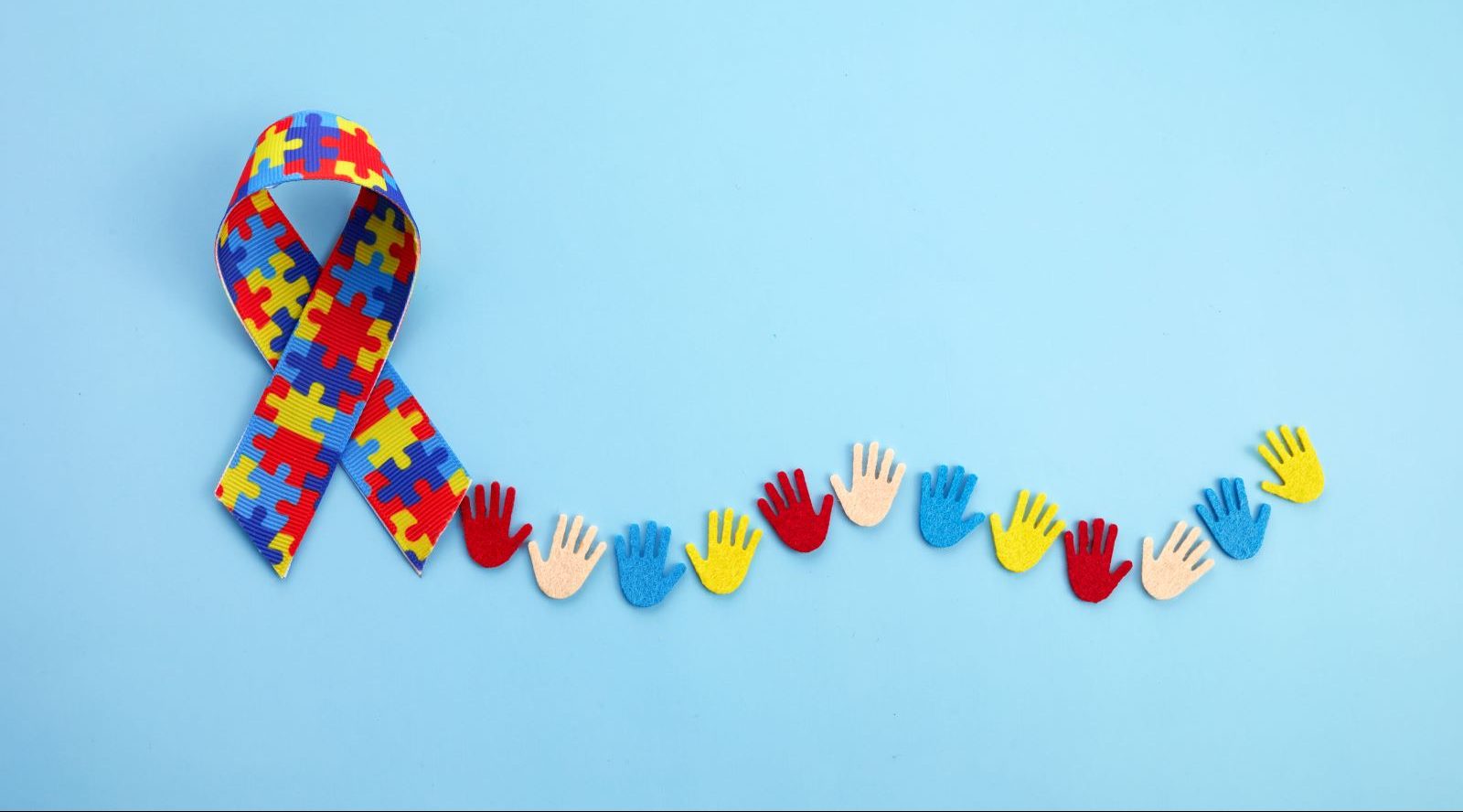The Relevance of Family Members Assistance in the Trip with Autism
The Relevance of Family Members Assistance in the Trip with Autism
Blog Article
Comprehending Autism: A Comprehensive Guide to Symptoms and indicators
Autism Spectrum Disorder (ASD) incorporates a wide range of attributes that can dramatically influence an individual's social interactions and everyday performance. Understanding these nuances not only aids caregivers and teachers in supplying ideal assistance yet also fosters a more inclusive environment for individuals with ASD.
Overview of Autism Spectrum Disorder
Defining Autism Range Problem (ASD) entails recognizing it as a complicated neurodevelopmental condition defined by a variety of difficulties in social interaction, communication, and behavioral patterns. The term "range" mirrors the vast irregularity in signs and their intensity, which can differ considerably from one individual to another. ASD typically manifests in early childhood years, although some people may not get a diagnosis till later in life.
Elements influencing the growth of ASD consist of ecological variables and hereditary proneness, although the precise causes continue to be under examination. Diagnosis typically counts on behavior analyses, as there are no clear-cut clinical examinations for ASD. Early intervention is essential and can considerably improve end results, concentrating on improving communication abilities, social communications, and flexible actions.
People with ASD may also exhibit distinct staminas, such as outstanding interest to detail or particular areas of expertise. Recognizing the diverse nature of ASD is necessary for fostering an inclusive setting that accommodates neurodiversity. Continued research study is crucial for developing reliable treatments and support systems, allowing individuals with ASD to thrive and accomplish their possible within culture.
Common Indications of Autism
Recognizing the usual signs of Autism Range Condition (ASD) is vital for very early recognition and intervention. These signs can differ commonly in intensity and presentation, however particular attributes are often observed in individuals with ASD.
One of the most prevalent indicators is a marked problem in developing and keeping eye call. Individuals may also exhibit limited interest in social communications and show a preference for solitary play.
Sensory level of sensitivities are additionally usual; people might underreact or overreact to sensory stimuli, such as lights, noises, or structures. autism. Language development can be atypical, with some kids showing postponed speech or making use of language in uncommon ways, consisting of echolalia-- duplicating sentences or phrases heard somewhere else
It is vital to keep in mind that not every individual with ASD will present all these indications, and the degree of these actions can vary substantially. Early recognition allows for timely assistance and sources, improving the high quality of life for those on the range.
Social Communication Obstacles
Social communication challenges are a trademark of Autism Spectrum Disorder (ASD), impacting a person's capacity to involve properly with others. These difficulties can show up in numerous methods, including difficulties in starting and preserving discussions, comprehending social hints, and reacting properly in social communications.
People with ASD might battle with nonverbal communication, such as eye contact, faces, and body movement. This can bring about misunderstandings, as their communicative intent might not be properly analyzed by others. In addition, they try this website might locate it hard to realize the subtleties of tone and context, which are necessary for reliable communication.
In team setups, individuals with ASD might feel overloaded and may not recognize exactly how to join in discussions (autism). They may likewise exhibit irregular conversational patterns, such as monologuing regarding particular passions without recognizing social reciprocity
Additionally, these obstacles can cause social isolation or difficulties in creating connections, as peers may misunderstand their habits or communication design. Comprehending these social interaction challenges is important for promoting encouraging atmospheres that promote social abilities development and boost the high quality of communications for people on the autism spectrum.
Sensory Responses and sensitivities
Many individuals with Autism Spectrum Problem (ASD) experience enhanced sensory sensitivities that can considerably influence their lives. These sensitivities may show up as over-responsiveness or under-responsiveness to sensory stimulations, consisting of sounds, lights, textures, tastes, and smells. For circumstances, an individual with ASD might locate daily noises, such as a vacuum cleaner or crowded settings, overwhelmingly traumatic, resulting in anxiousness or meltdowns. Conversely, some may display an indifference to pain or extreme temperatures, which can position safety issues.
Sensory processing differences in individuals with ASD read here can likewise impact their ability to involve in social interactions and regular activities. A kid who is delicate to touch might withstand physical love or prevent certain apparel materials. Conversely, a preference for certain appearances or preferences can restrict nutritional choices his comment is here and produce difficulties during mealtimes.
Comprehending these sensory sensitivities is vital for recognizing the unique experiences of people with ASD. Recognition of their sensory profiles can foster much better interaction and support methods, producing an environment that suits their requirements and enhances their top quality of life. Inevitably, acknowledging sensory level of sensitivities is an essential element of understanding the broader spectrum of autism.

Sustaining People With Autism
Reliable assistance for people with Autism Range Problem (ASD) is critical for boosting their overall health and promoting freedom. Support techniques ought to be tailored to meet the distinct needs of each individual, considering their strengths and challenges.

Social abilities training can additionally play a pivotal duty. autism. Engaging individuals in group tasks or role-playing situations can enhance their capability to navigate social interactions. Furthermore, it is necessary to enlighten member of the family, caregivers, and peers about ASD to foster a inclusive and encouraging neighborhood
Conclusion
By cultivating enhanced interaction and social abilities, individuals with autism can navigate their settings much more efficiently. Eventually, increased recognition and support can dramatically enhance the top quality of life for those impacted by ASD.
Autism Range Disorder (ASD) incorporates a broad array of characteristics that can considerably affect an individual's social interactions and daily functioning.People with ASD might battle with nonverbal communication, such as eye call, facial expressions, and body language.Several individuals with Autism Spectrum Disorder (ASD) experience heightened sensory level of sensitivities that can dramatically affect their day-to-day lives.Sensory handling differences in people with ASD can additionally affect their capability to involve in regular activities and social communications.Understanding these sensory level of sensitivities is necessary for acknowledging the special experiences of people with ASD.
Report this page